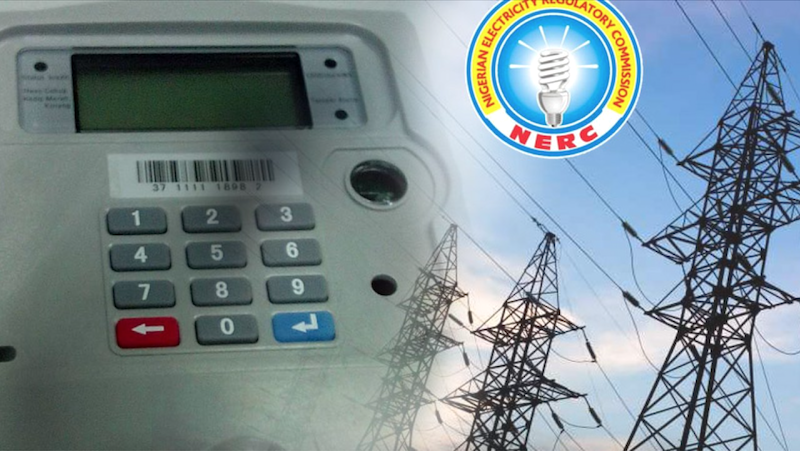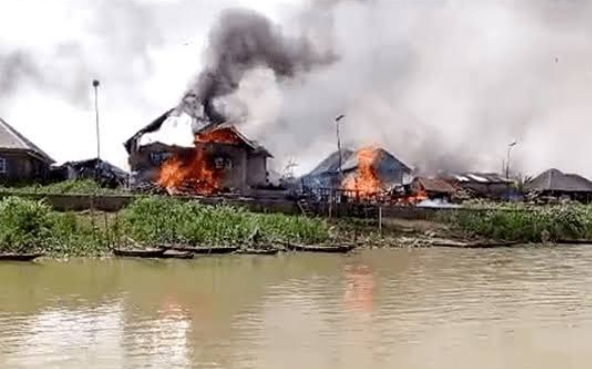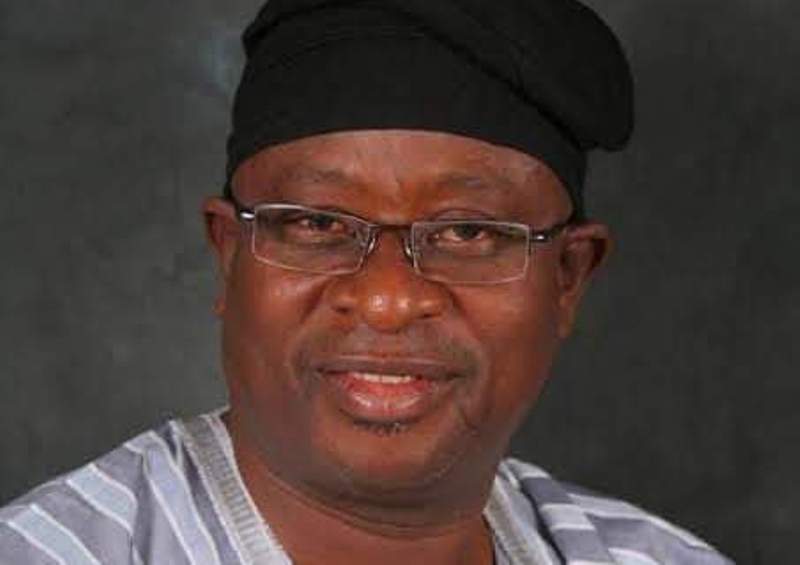All eyes are always on the Pension Funds. For workers, it is the key for assured wellbeing after retirement. The huge accumulated funds holds a different allure for the government. It is a source akin to the conveyor belt, always rolling with regular flow of valuable goods. More remarkably, it is not only huge but cheap. But the framers of the Pensions Act were quite imaginative in protecting the fund, weaving a set of obstacles for it to be acccessed by government or for investments by Pension Fund Administrators (PFAs).
In a nation with a long history of poor treatment of pensioners, retirees spend as much as seven years before their entitlements are paid. That was not how the Fund was designed to function. In some states, the Funds were accessed under circumstances that affected the prompt payment of retirees as envisaged by the Fund. Even then, payment is only delayed but guaranteed. In announcing Abuja’s intention, Edu did not give details of the deal that elicited fierce criticisms. Only after the backlash did he volunteer more information in a bid to douse the tension. With the Fund bursting to the seams with about N20 trillion, the initial explanation that utilising the fund to execute infrastructural projects will attract foreign direct investment into the country sounded hollow.
Since the Pension Reform Act came on stream in 2004, and further strengthened by the 2014 amendment, there was has been a measure of stability in its management through the Contributory Scheme and the PFAs. The hornet’s nest was ruffled on May 14, 2024 when Wale Edu, Minister of Finance and Coordinating Minister of the Economy, announced that the federal government was going to raid the Pension Fund to finance its infrastructural projects.
According to him, the initiative to deploy the pension funds was aimed at stabilising the economy amidst elevated inflation and interest rates. “And so in conversation, in consultation, collaboration and cooperation with the private sector, we are now able to announce and with the full knowledge and support of all parties, that there will be an initiative to fund growth through investment in infrastructure, including housing provision of mortgages, long term mortgages, 25-year mortgages at relatively low interest rates”, he explained.
It has got organised labour and other stakeholders worried. And politicians have waded in as well.
Although the regulatory framework administration of pension funds provides for investments into viable facilities, there is a ceiling on how far government can go. This much was leveraged on by former Vice President Atiku Abubakar when he waded into the controversial bid by the federal government. In the revised Regulation on Investment of Pension Funds Assets issued by the National Pension Commission (PenCom), the federal government is exhorted to not act contrary to the provisions of the extant Regulation on investment limits to which Pension Funds can invest no more than five percent of total pension funds’ assets in infrastructure investments.
In explaining that the federal government will play by the rules, Edun sought to allay Atiku’s and others fears of foul play in raiding the fund. “There are rules, limitations about what pension money can be invested in and what cannot be invested in. The federal government has no intentions whatsoever to go beyond those limits or go outside those bounds which are there to safeguard the pension of workers”, he said.
Generally, the use of Pension Funds to drive investments in infrastructural development on face value is not unprecedented nor is it a bad idea. But there is a huge trust deficit the federal government has not bothered to address. At a time of unprecedented inflation and the middle class virtually decimated, the presidency has rather sustained a spending spree fueled by the allocation of huge but scarce resources for the execution of unnecessary luxury projects and provisions for the ruling class. When N1.9 billion is allocated for the acquisition of sports utility vehicles for the office of the first lady that has no place in in the constitution, N90 billion to subsidise Hajj while only N5 billion is set aside to fund the Students Loan Scheme albeit only for students in federal universities, the sceptism became strident. In addition, N15 billion was approved for the renovation of the Vice President’s residence, another N40 billion for the renovation of the Senate’s building while N10 billion has been approved for their car park. Juxtaposed with the fact that only N1 billion was approved for the building of hostels in 12 federal institutions, all talks by Abuja that it act lawfully and would deploy the funds appropriately is a tough sell.
The trust deficit has seen Nigerians believe that the federal government lacks prudence diligence but also does not show transparency in the management of stare resources. The burden of not being a trust worthy manager of funds for the common good is one that mere rhetorics and propaganda cannot change. The allusion that the projects to be funded from the raid on the pensions will precipitate foreign investment is being seen in the same light as previous claims of foreign investment that turned out to be false. The Maersk episode and the initial claims on Emirates Airlines resuming directs flights to Nigeria are still sticking out like a sore thumb. Those false claims created the impression that Aso Rock conducts its quest for foreign investors as a propaganda tool.
Atiku’s verdict resonates more with Nigerians. “This move must be halted immediately! It is a misguided initiative that could lead to disastrous consequences on the lives of Nigeria’s hardworking men and women who toiled and saved and who now survive on their pensions having retired from service”, he declared.
There are too many cases where the trust of the people have been betrayed and the thought of what may happen to retirees if their life savings are squandered are toscana to gamble with.
Postscript
*Minister Adelabu’s tarrif ‘Band(itry)’*
Trust Nigerians to make a light work of serious policy issues. When the Minister of Power, Adebayo Adelabu, unveiled his infamous discriminatory four-band electricity tariff that initially increased the rate for Band A by 300 percent, there was confusion on who is where. Unable to understand where the different consumers fit in, many opted to call their own band as “Bandit”.
In reaction to the general outcry, Adelabu doubled down on his package and even threatened that the power sector will collapse if the increase is not effected. Ultimately, he reduced the rate increase for Band A to 200 percent.
Now, the reality of the rate hike is dawning on some organisations. The organised provate sect (OPS) in a statement said the tariff increase which is coming on the heels of macroeconomic instability, infrastructure deficits and other supply-side constraints limiting the performance of the productive sector may force over 65 percent of private businesses in Nigeria to close down.
Against the backdrop of the picketing of the Distribution Companies the Federal Ministry of Power and the Nigeria Electricity Regulatory Commission (NERC) by organised labour that locked down the organisations, no decision has been taken to address the position of labour. The impact is already showing in the least desired area.
The President of Save A Life Foundation, Dr Richard Okoye, lamented the huge electricity bill he recently got from the Port Harcourt Electricity Distribution on his Rivers State hospital.
Okoye said his monthly energy bill increased to N25,300,000 because he was on Band A.
According to him, the Federal Government’s decision to increase the band’s tariff, which he described as a “Band A tariff epidemic”, to N225 kilowatt per hour from the current N66 would destroy the healthcare system of the country, adding that hospitals only render essential services and should not be seen as business centres.
“By reason of us (the hospital) being in Band A, our monthly power bill is now shooting up to N25,300,000. That’s crazy; hospitals are not business centres but only render essential services to society. This Band A tariff epidemic is bound to destroy the country’s healthcare system”, Okoye said.
The solution to the looming crisis will have to begin with saving Minister Adelabu from the nightmare he has created by giving him another job.





